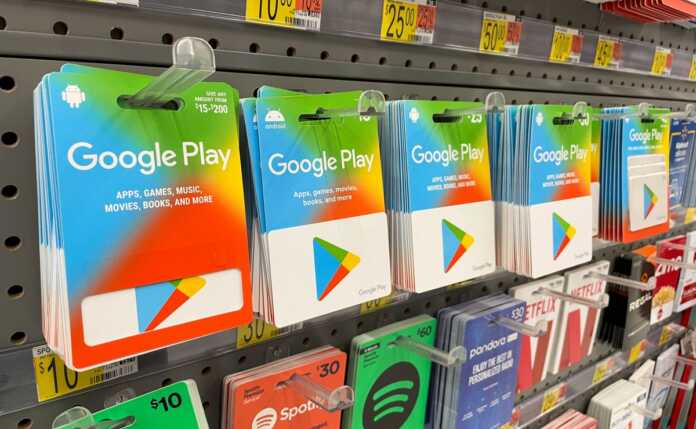In the future, developers will have to be more careful with advertising in apps for Android: Google is setting new rules that will apply from the end of September.
Ads in Android apps could become a bit more reserved in the future: Google has added passages to its guidelines for developers that regulate the use of ad insertions more clearly than before. The new formulations apply to all applications distributed in the Android Play Store and are to be implemented from September 30th.
The changes in Google’s Play Store policies are primarily clarifications and additions compared to the previous policies. For example, ads that take up the entire screen and do not offer a clear way to close the ad are already banned. In the new wording, Google clarifies that a close icon must appear after at least 15 seconds – this is probably intended to close a loophole where developers let their ads run longer before they could be closed.
Otherwise, Google emphasizes and underpins rules that should actually already apply: Ads must not appear unexpectedly while playing, it says in the changes about. Google also shows animated negative examples of apps that violate the guidelines.
Greater control possible
Even if there are few changes to the advertising guidelines in the Play Store in terms of content, the new wording could lead to stricter supervision by Google and close some loopholes that have been used up to now. This is what happened, for example, when Google changed its payment guidelines in the Play Store on June 1: Although the core of the new guidelines hardly differed from the old ones, numerous app developers drew the necessary conclusions from them. This includes, for example, the online retailer Amazon, which removed e-books from its Android app.
In another change to the Play Store guidelines that has now been announced, Google is also trying to ban apps that pretend to be other applications. So-called “impersonator apps”, which use names or icons to trick users into thinking they are false, are to be banned. Here, too, Google plans to provide clarifications and detailed explanations of what has already been done applicable guidelines. The new personalizations around the Impersonator apps are effective from August 31st.
(then)














